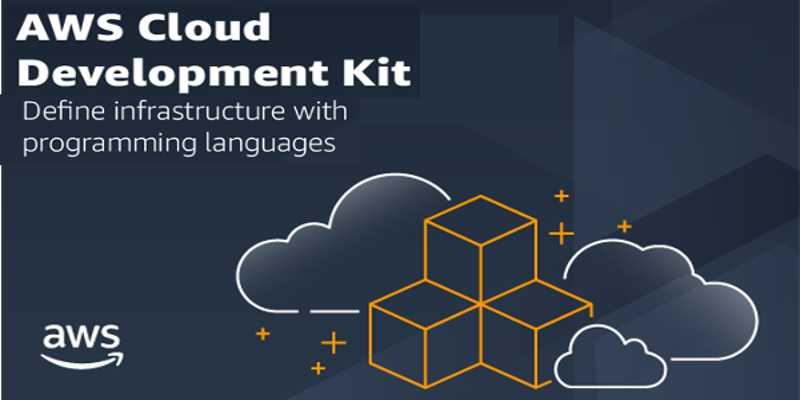AWS Developer Tools Blog
Category: Learning Levels
Run an Active-Passive, multi region API using Aurora RDS Global Cluster
Increasingly enterprises and customers run and manage applications at a global scale that need to be resilient and highly available. In order to deliver the best possible experience to their end consumers, these applications need to safeguard against risks of service disruptions and downtime. Risks due to service downtime, due to natural disasters, hardware failures, […]
Using Amazon Corretto (OpenJDK) for lean, fast, and efficient AWS Lambda Applications
Using Amazon Corretto (OpenJDK) for lean, fast, and efficient AWS Lambda By Guest Blogger Adam Bien In this post, I will discuss how you can launch large, monolithic applications on top of AWS Lambda, and I’ll show that they perform well and are cost effective. You’ll learn that the same application you develop for Lambda […]
Asynchronous Logging in Corretto 17
While working with an AWS service team to diagnose unexpected Garbage Collection (GC) pauses, the Amazon Corretto team discovered that applications were being throttled by I/O blocking while writing logs to disk. As a result, we decided to implement and contribute async-logging(JDK-8229517)) to OpenJDK 17. In this post, we’re going to explain how you can […]
Testing CDK Applications in Any Language
The AWS Cloud Development Kit (AWS CDK) is an open source software development framework to define your cloud application resources using familiar programming languages. Because the AWS CDK enables you to define your infrastructure in regular programming languages, you can also write automated unit tests for your infrastructure code, just like you do for your […]
Experimental construct libraries are now available in AWS CDK v2
The AWS CDK v2 experimental APIs are now available as separate packages, in addition to the existing stable APIs. The AWS Cloud Development Kit (AWS CDK) is an open-source software development framework to model and provision your cloud application resources using familiar programming languages. With the AWS CDK, you can define your infrastructure as code […]
AWS Batch Application Orchestration using AWS Fargate
Many customers prefer to use Docker images with AWS Batch and AWS Cloudformation for cost-effective and faster processing of complex jobs. To run batch workloads in the cloud, customers have to consider various orchestration needs, such as queueing workloads, submitting to a compute resource, prioritizing jobs, handling dependencies and retries, scaling compute, and tracking utilization […]
Building an Apache Kafka data processing Java application using the AWS CDK
Building an Apache Kafka data processing Java application using the AWS CDK Piotr Chotkowski, Cloud Application Development Consultant, AWS Professional Services Using a Java application to process data queued in Apache Kafka is a common use case across many industries. Event-driven and microservices architectures, for example, often rely on Apache Kafka for data streaming and […]
Build and Deploy .Net Core WebAPI Container to Amazon EKS using CDK & cdk8s
In this blog, we will leverage the development capabilities of the CDK for Kubernetes framework also known as cdk8s along with the AWS Cloud Development Kit (AWS CDK) framework to provision infrastructure through AWS CloudFormation. cdk8s allows us to define Kubernetes apps and components using familiar languages. cdk8s is an open-source software development framework for defining Kubernetes applications and […]
Running a Kubernetes Job in Amazon EKS on AWS Fargate Using AWS StepFunctions
In a previous AWS Blog, I shared an application orchestration process to run Amazon Elastic Container Service (Amazon ECS) Tasks on AWS Fargate using AWS Step Functions. This blog will be similar continuation but here we will be running the same application on Amazon EKS as a Kubernetes job on Fargate using StepFunctions. Amazon EKS […]
Provision AWS infrastructure using Terraform (By HashiCorp): an example of running Amazon ECS tasks on AWS Fargate
AWS Fargate is a a serverless compute engine that supports several common container use cases, like running micro-services architecture applications, batch processing, machine learning applications, and migrating on premise applications to the cloud without having to manage servers or clusters of Amazon EC2 instances. AWS customers have a choice of fully managed container services, including […]







